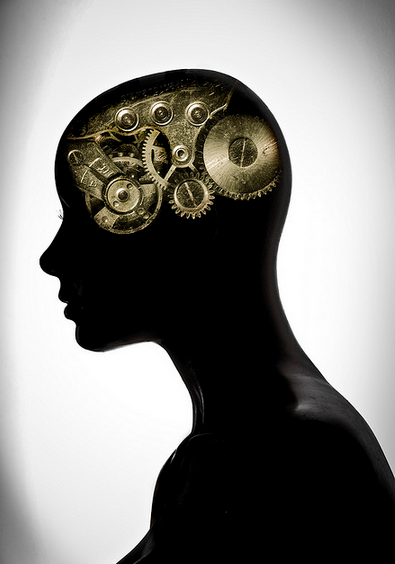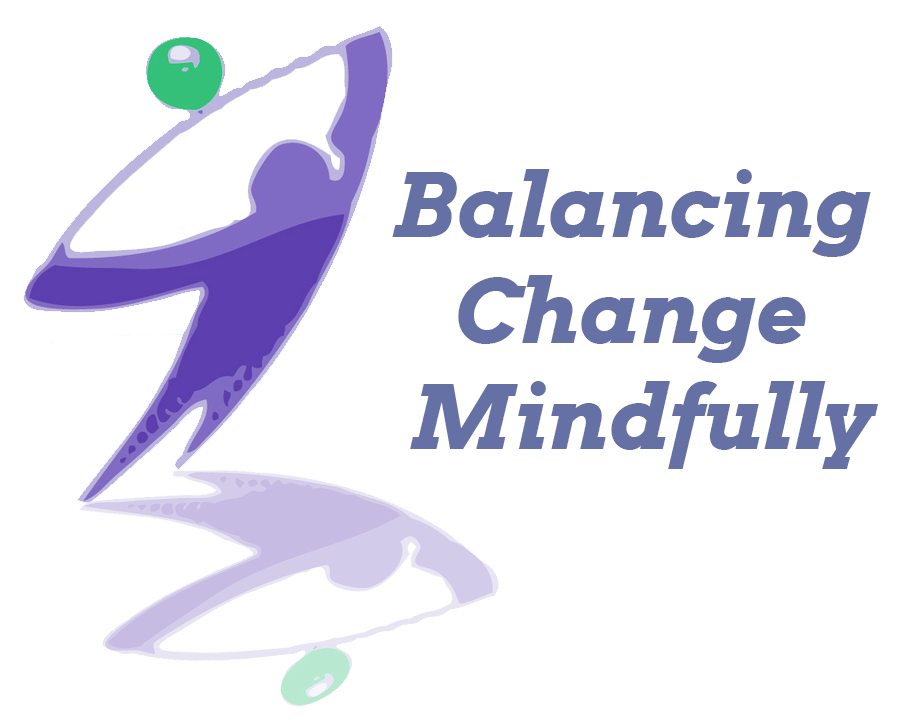
What are you feeling? Is this anger? Is this depression? Is this a normal? Anger is a very normal emotion, that can and does present itself in many ways. Understanding the different phases of anger is an important step in dealing with anger in a productive and healthy way.
Illustrated below are the five phases of the anger cycle: trigger, escalation, crisis, recovery, and depression.
- The Trigger Phase
The trigger phase happens when we perceive a threat or loss, and our body prepares to respond. In this phase, there is a subtle change from an individual’s normal/ adaptive state into this stressed state. Anger triggers differ from person to person, and can come from both the environment or from our thought processes.
- The Escalation Phase
In the escalation phase our body prepares for a crisis after perceiving the trigger. This preparation is mostly physical, with symptoms like rapid breathing, increased heart rate, and raised blood pressure. This is the phase where the body prepares for fight or flight (to be discussed later).
- The Crisis Phase
The crisis phase is when the anger reaction reaches its peak. In the crisis phase our body is on full alert, prepared to take action in response to the trigger. During this phase, logic may be limited, because the anger instinct takes over. In extreme cases, the crisis phase means that a person may be a serious danger to himself or to other people.
- The Recovery Phase
The recovery phase happens when the anger has been controlled. There is now a steady return to a person’s normal/ adaptive state. In this stage, reasoning and awareness of one’s self returns.
- The Depression Phase
The depression phase marks a return to a person’s normal/ adaptive ways. Physically, the body returns to a normal resting heart rate, so that the body can recover balance. A person’s full use of his faculties return at this point, and the new awareness helps a person assess what just occurred. Consequently, this stage may be marked by embarrassment, guilt, regret, and or depression.
NOTE: How long each phase lasts differ from person to person. Some people also skip certain phases, or else they go through them privately and/ or unconsciously.

